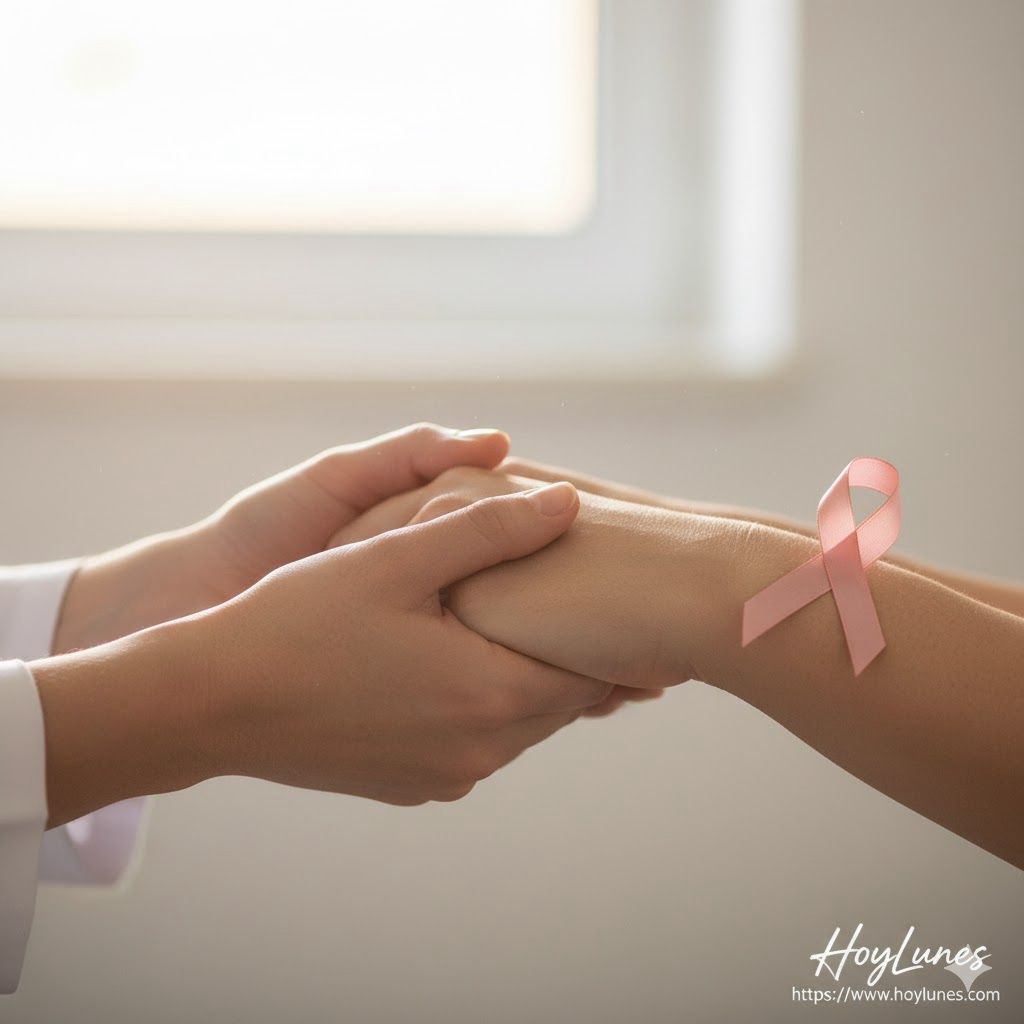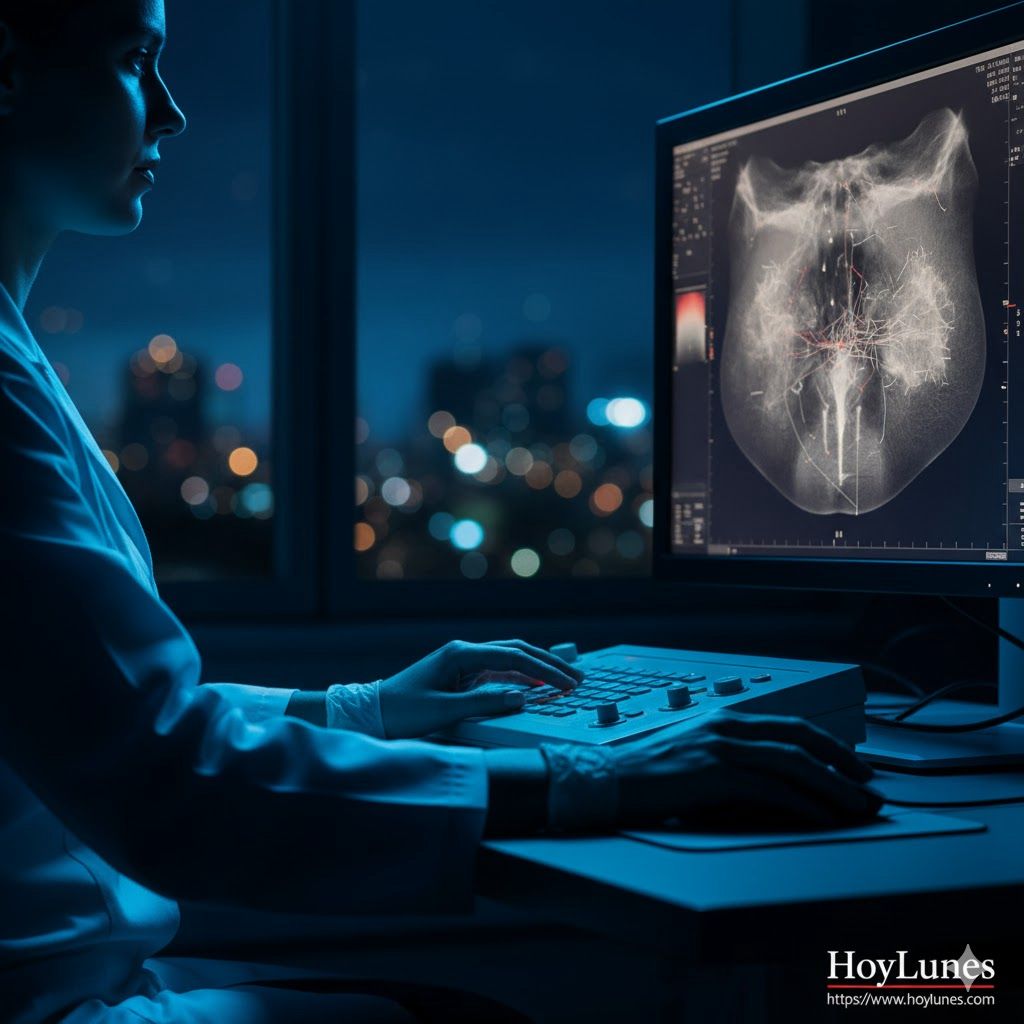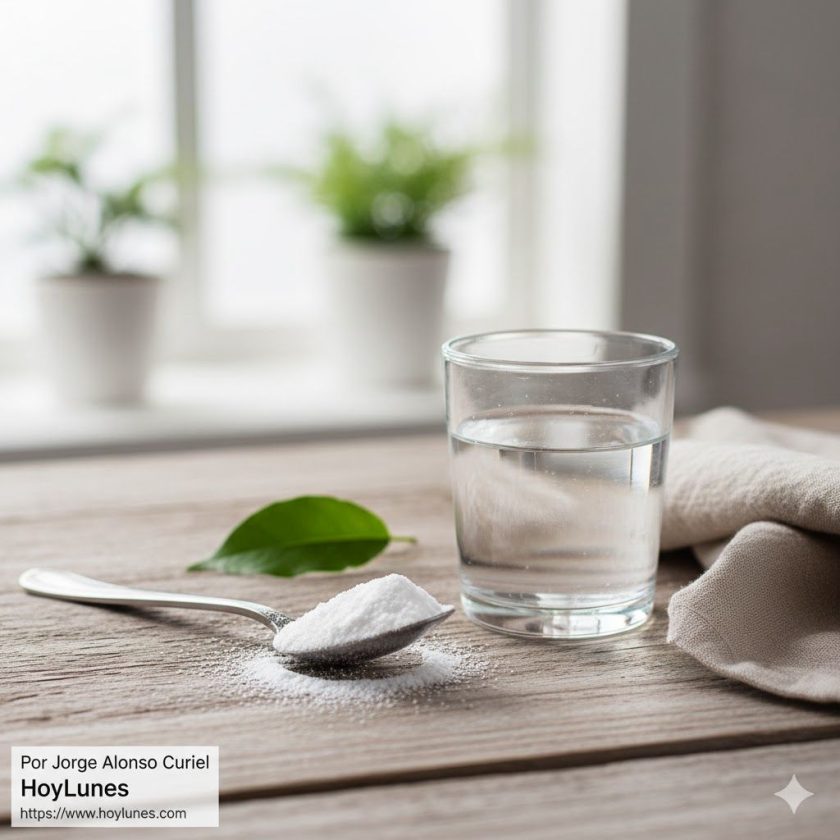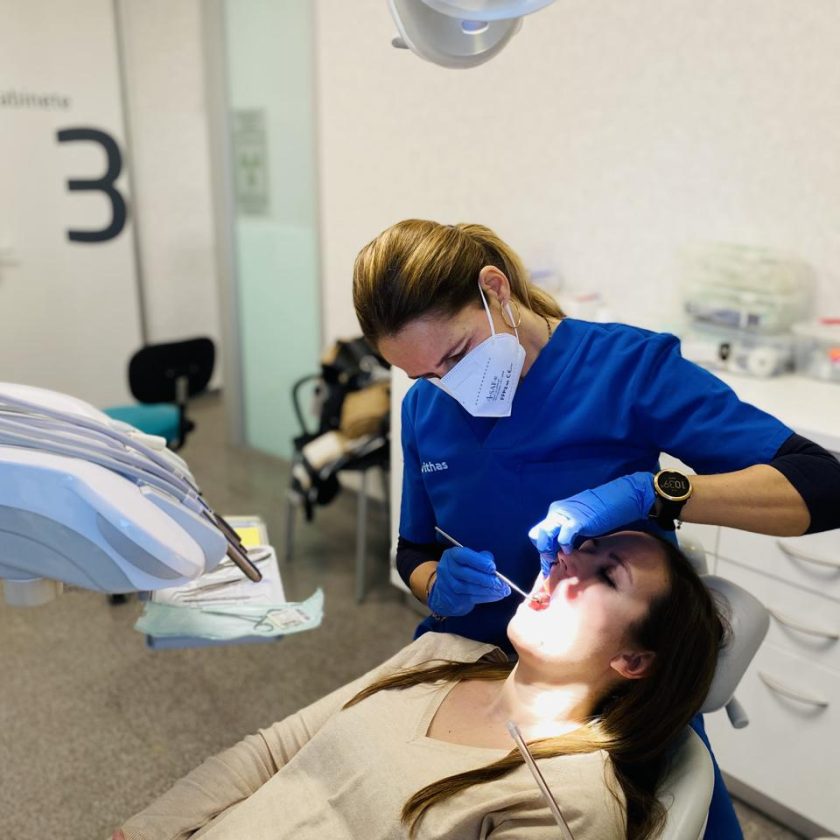Between medical progress and human empathy, the pink month left an open question: what happens after the ribbon?
By Any Altamirano
HoyLunes – In October, calendars turn pink. But behind every campaign, every smiling photograph, lies a quiet truth: breast cancer does not wait for symbolic months. Early detection —a phrase repeated so often— remains the most powerful and everyday gesture that can save a life. This year, October brought more than numbers or promises: it brought reflection. Because medicine advances, yet social awareness still needs to beat with the same constancy.
In clinics and hospitals around the world, screens began to display new images: mammograms analyzed by artificial intelligence, diagnostic systems capable of identifying lesions in seconds, algorithms that learn from thousands of clinical histories to detect what the human eye sometimes overlooks. It’s not about replacing doctors, but about offering them a second pair of invisible eyes—eyes that can see what has not yet begun to hurt.

The change arrived quietly but decisively: in several European countries, including those in the south, AI has been incorporated as support in screening programs, reducing false negatives and accelerating care. October, suddenly, became a global laboratory of technological hope.
The Pink Echo in Spain: From Awareness to Commitment
In Spain, October is no longer limited to pink ribbons on lapels. It has become a constellation of voices that, from hospitals, associations, and social networks, insist on a single truth: early detection is not a privilege, but a tool for life. Health centers across the country are intensifying their screening programs, and many women are finally attending appointments they had postponed out of fear, habit, or simply lack of time. In each region, the message takes on its own accent but shares the same heartbeat: prevention is still cure.
During this month, the streets are dyed in a pink that is no longer just a symbol, but also memory and commitment. The campaigns do not seek confrontation, but **remembrance**: that breast cancer, when detected early, changes its story. That science, when joined with care, transforms statistics into hope. That speaking about it should not cause fatigue, but gratitude.

Science advances, but the greatest progress remains human: to listen, to accompany, to persist with tenderness.**
Spain, with its public health system, has achieved remarkable progress in recent years. Yet beyond the data, what truly moves us are the everyday gestures: a doctor personally calling her patient to encourage her to get a mammogram; a daughter accompanying her mother to the clinic; a friend who, after surviving the disease, turns her experience into a neighborhood talk. Small acts that weave a great, silent network—the network of those who believe that life deserves to be watched over with gentleness.
Beyond the Pink Month
Early detection should not be a campaign; it should be a national habit. Not an annual reminder, but a reflection embedded in daily life.
Because breast cancer does not recognize calendars, and every woman who checks herself—every doctor who insists, every community that supports—helps keep alive the promise that timely diagnosis is not a utopia, but a real possibility.

October ends, but the message does not. Technology will continue to advance, laboratories will keep researching, and hospitals will continue to receive women who arrive with hope.
Perhaps what remains, when the ribbon is stored in a drawer, is the inner voice that asks:
When was the last time I cared for myself in time?


#hoylunes, #any_altamirano, #el_cáncer_de_mama,



